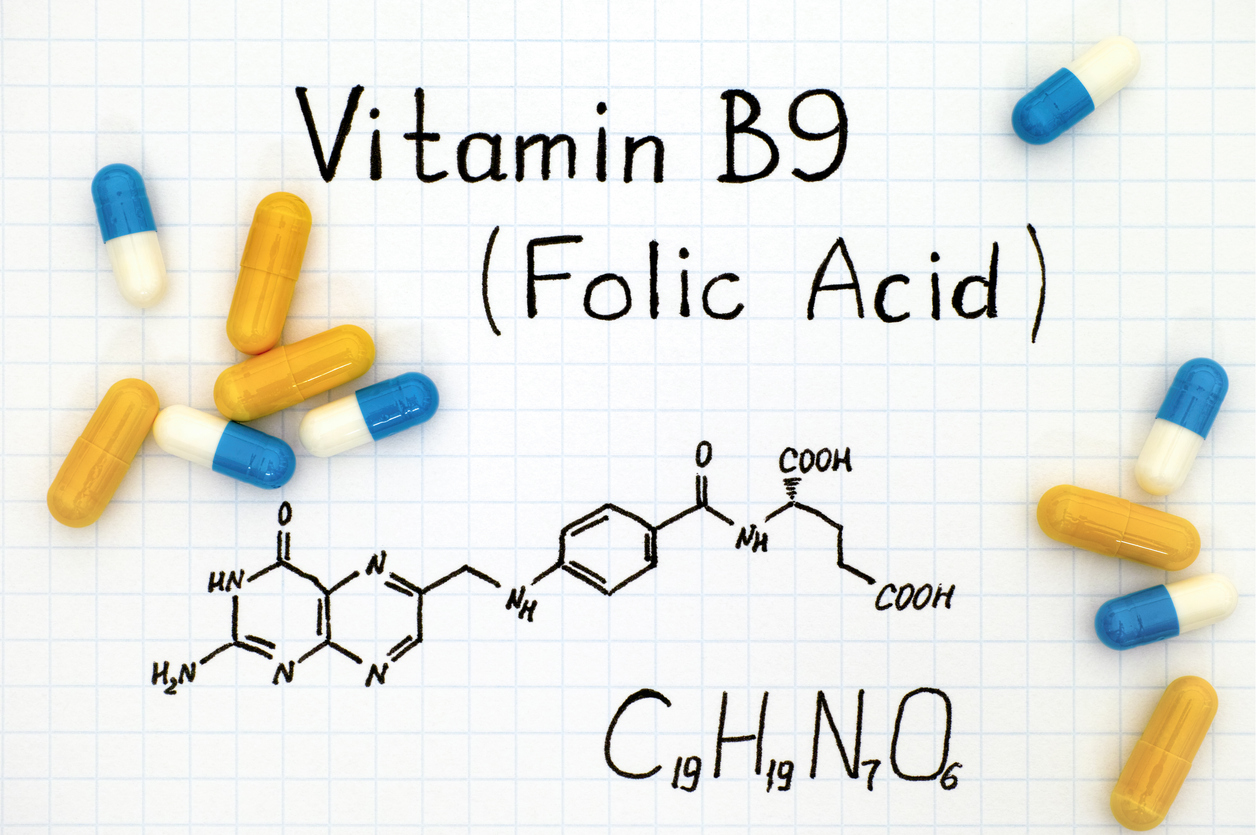2024-10-29
Postbiotics: Promising Results for Cardiovascular Health?
Cardiology and Vascular Medicine
Cardiovascular diseases remain a
leading cause of mortality worldwide, highlighting the need for new therapeutic
strategies. Recently, postbiotics—active compounds derived from probiotics—have
garnered increasing interest due to their potential beneficial effects on heart
health. Unlike probiotics, which consist of live bacteria, postbiotics provide
benefits without requiring live microorganisms. This article explores how
postbiotic supplementation might favorably impact cardiovascular health and
reviews recent research findings on this innovative approach.
Could Postbiotic Supplementation Improve Cardiovascular Markers in At-Risk Patients?
This study is based on a robust analysis of existing clinical trials examining postbiotic supplementation in adults with cardiovascular risk factors such as hypertension, hyperlipidemia and obesity. Participants were divided into two groups: a control group and a group receiving postbiotics over an 8- to 12-week period.
The effects of postbiotics were measured using the following parameters: lipid profile, blood pressure, and cardiovascular biomarkers, including blood pressure, LDL/HDL cholesterol levels, and markers of inflammation. These results were statistically analyzed to assess the potential cardiovascular benefits of postbiotics.
Postbiotic Supplementation as a Potential Solution for Heart Health
The findings from this study suggest that postbiotic supplementation could represent a promising avenue in cardiovascular health, especially for at-risk patients. Although the therapeutic potential is evident, further research is necessary—particularly to determine the optimal dosage and to validate the long-term effects, efficacy, and safety of these treatments.
Could Postbiotic Supplementation Improve Cardiovascular Markers in At-Risk Patients?
This study is based on a robust analysis of existing clinical trials examining postbiotic supplementation in adults with cardiovascular risk factors such as hypertension, hyperlipidemia and obesity. Participants were divided into two groups: a control group and a group receiving postbiotics over an 8- to 12-week period.
The effects of postbiotics were measured using the following parameters: lipid profile, blood pressure, and cardiovascular biomarkers, including blood pressure, LDL/HDL cholesterol levels, and markers of inflammation. These results were statistically analyzed to assess the potential cardiovascular benefits of postbiotics.
- Reduction of Inflammation: Postbiotics modulate the production of pro-inflammatory cytokines and help prevent the formation of atheromatous plaques, effectively improving systemic inflammation, a key factor in heart disease development.
- Lipid Profile Improvement: Some studies have noted a significant reduction in LDL cholesterol and an increase in HDL cholesterol, thus reducing the risk of clot formation and promoting a healthier lipid profile following postbiotic supplementation.
- Blood Pressure Regulation: Postbiotics appear to regulate blood pressure (with hypotensive effects) by modulating nitric oxide production and enhancing endothelial function.
- Enhanced Insulin Sensitivity: Postbiotics may positively affect insulin sensitivity, thereby reducing the risk of developing metabolic syndrome, a major risk factor for heart disease.
Postbiotic Supplementation as a Potential Solution for Heart Health
The findings from this study suggest that postbiotic supplementation could represent a promising avenue in cardiovascular health, especially for at-risk patients. Although the therapeutic potential is evident, further research is necessary—particularly to determine the optimal dosage and to validate the long-term effects, efficacy, and safety of these treatments.

Last press reviews
Birch allergy: could one shot change everything?

#AllergicRhinoconjunctivitis #IgG4 #Allergoid #BirchPollen #Immunotherap...
Allergies: could the gut hold the key?

#SeasonalAllergicRhinitis #Probiotics #Prebiotics #GutMicrobiota...
Parkinson’s disease: bone health shouldn’t be overlooked

#ParkinsonsDisease #Osteoporosis #FractureRisk #FRAX #Prevention...